Rogelio E. Cardona-Rivera
Towards a Formal Model of Narratives
Mar 23, 2021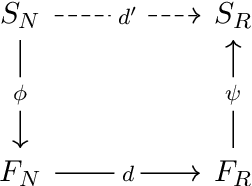
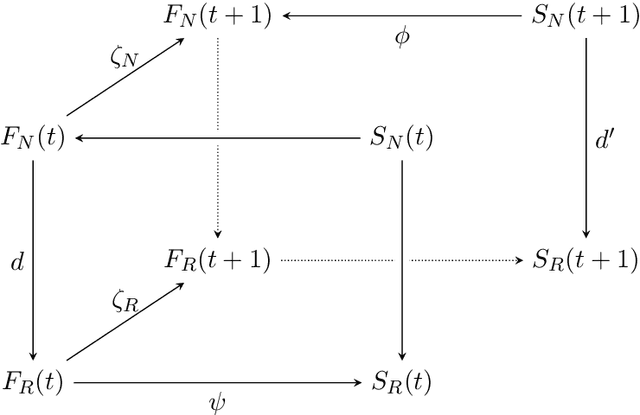
Abstract:In this paper, we propose the beginnings of a formal framework for modeling narrative \textit{qua} narrative. Our framework affords the ability to discuss key qualities of stories and their communication, including the flow of information from a Narrator to a Reader, the evolution of a Reader's story model over time, and Reader uncertainty. We demonstrate its applicability to computational narratology by giving explicit algorithms for measuring the accuracy with which information was conveyed to the Reader and two novel measurements of story coherence.
Partial-Order, Partially-Seen Observations of Fluents or Actions for Plan Recognition as Planning
Nov 14, 2019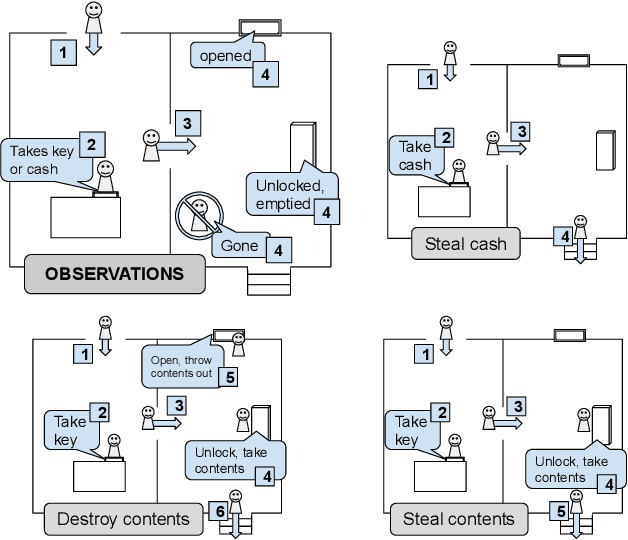
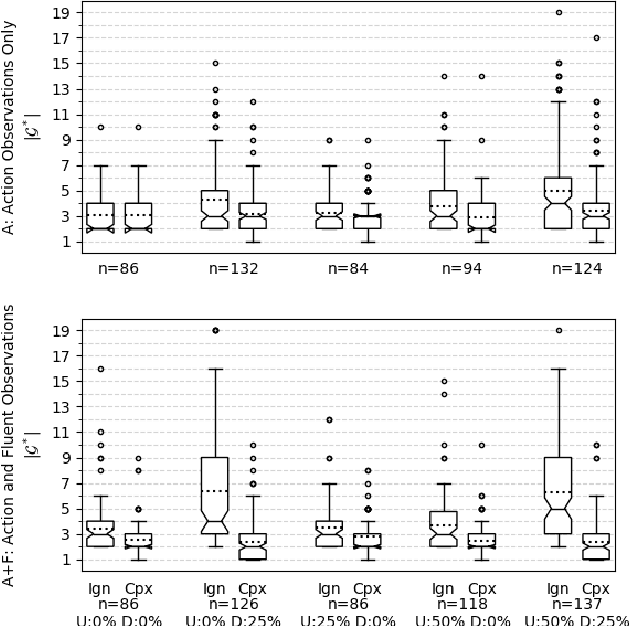
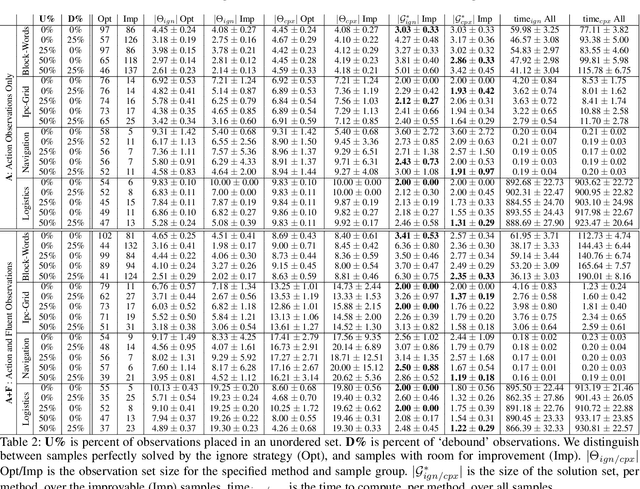
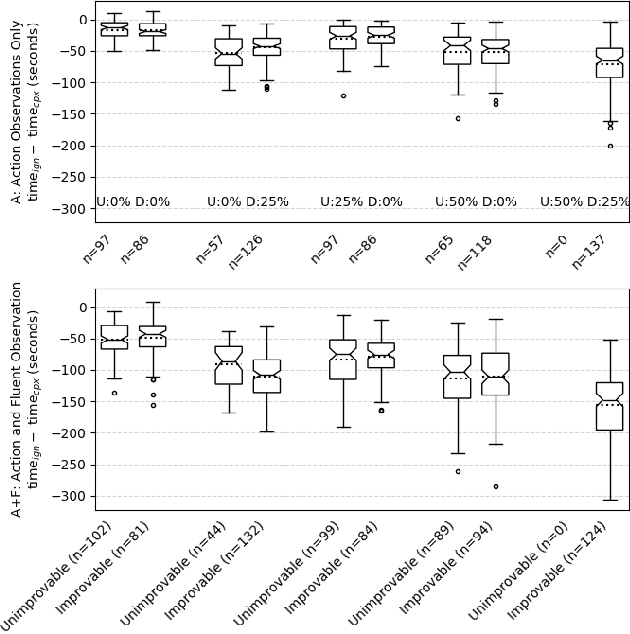
Abstract:This work aims to make plan recognition as planning more ready for real-world scenarios by adapting previous compilations to work with partial-order, half-seen observations of both fluents and actions. We first redefine what observations can be and what it means to satisfy each kind. We then provide a compilation from plan recognition problem to classical planning problem, similar to original work by Ramirez and Geffner, but accommodating these more complex observation types. This compilation can be adapted towards other planning-based plan recognition techniques. Lastly we evaluate this method against an "ignore complexity" strategy that uses the original method by Ramirez and Geffner. Our experimental results suggest that, while slower, our method is equally or more accurate than baseline methods; our technique sometimes significantly reduces the size of the solution to the plan recognition problem, i.e, the size of the optimal goal set. We discuss these findings in the context of plan recognition problem difficulty and present an avenue for future work.
Blue Sky Ideas in Artificial Intelligence Education from the EAAI 2017 New and Future AI Educator Program
Feb 01, 2017Abstract:The 7th Symposium on Educational Advances in Artificial Intelligence (EAAI'17, co-chaired by Sven Koenig and Eric Eaton) launched the EAAI New and Future AI Educator Program to support the training of early-career university faculty, secondary school faculty, and future educators (PhD candidates or postdocs who intend a career in academia). As part of the program, awardees were asked to address one of the following "blue sky" questions: * How could/should Artificial Intelligence (AI) courses incorporate ethics into the curriculum? * How could we teach AI topics at an early undergraduate or a secondary school level? * AI has the potential for broad impact to numerous disciplines. How could we make AI education more interdisciplinary, specifically to benefit non-engineering fields? This paper is a collection of their responses, intended to help motivate discussion around these issues in AI education.
 Add to Chrome
Add to Chrome Add to Firefox
Add to Firefox Add to Edge
Add to Edge